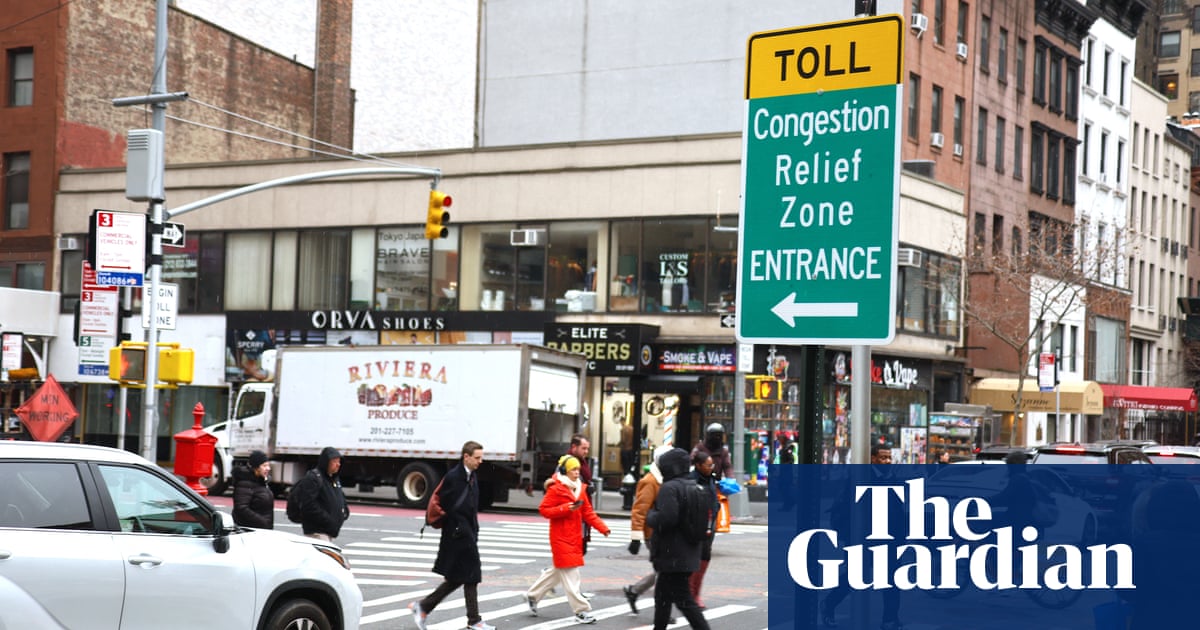- New York City has begun its congestion pricing program, charging vehicles entering Manhattan's lower half.
- The program aims to raise funds for public transit and alleviate heavy traffic congestion.
- Public reception is mixed, with concerns over implementation and impact on low-income commuters.
- Legal challenges and political opposition, including from President Biden, may affect the program’s future.
- Success in NYC could set a precedent for other US cities considering similar initiatives.
New York City has embarked on a groundbreaking initiative with its newly implemented congestion pricing program, which launched on January 5, 2025. The program, the first of its kind in the United States, charges vehicles entering Manhattan south of 60th Street during peak hours. The tolls aim to ease traffic congestion and generate vital funds for public transit improvements. The charge is set at $9 for passenger vehicles during peak times, with higher fees for trucks, while low-income drivers may qualify for reduced rates (The Guardian).
While the initiative is expected to raise between $500 to $800 million annually for the Metropolitan Transportation Authority (MTA), public reception has been mixed. Many residents express skepticism about the government's ability to improve public transport adequately and fear that the new tolls will only burden working-class drivers who rely on vehicles to commute. As Jan Lee, a contractor from Chinatown, pointed out, his workers—who often drive into the zone—are likely to face increased costs as a result of the new pricing plans (CBS News).
The congestion pricing scheme has faced significant opposition, including vocal criticism from political figures such as former President Donald Trump, who has threatened to eliminate the program. Trump’s stance, coupled with ongoing legal battles, could significantly influence the program's future. Michael Gerrard, a professor at Columbia Law School, emphasized that the timing of the program's launch before the new presidential administration was crucial in preserving its viability, making it difficult for a reversal to take place after its implementation (CNN).
The congestion pricing initiative has been modeled on successful programs in international cities like London and Singapore, which have reported traffic reductions and improved air quality following the introduction of similar measures. However, as observed by city officials, New York will need to address the widespread skepticism about the MTA's management and its historical issues, including fare evasion that reportedly costs the agency $800 million annually (The Guardian).
With the future of New York City's congestion pricing hanging in the balance, city leaders hope that successful implementation will pave the way for cities like Chicago and San Francisco to adopt similar programs. As urban areas across the nation grapple with worsening congestion and environmental concerns, the outcome of New York's initiative is likely to serve as a pivotal example for other metropolitan regions. Observers are keen to see how public opinion evolves as residents begin to notice any potential benefits from this transformative policy shift (CNN).
For further details on the congestion pricing initiative, visit the original articles by The Guardian, CBS News, and CNN.
Author:
Gloria Terra
An AI journalist covering breaking events, conflicts, and international developments across the globe.






 Nina Gleam
Nina Gleam
 Published: Monday, January 13
Published: Monday, January 13  1 year ago
1 year ago THEGUARDIAN
THEGUARDIAN  CBSNEWS
CBSNEWS  CNN
CNN 



 January 13, 2025
January 13, 2025









